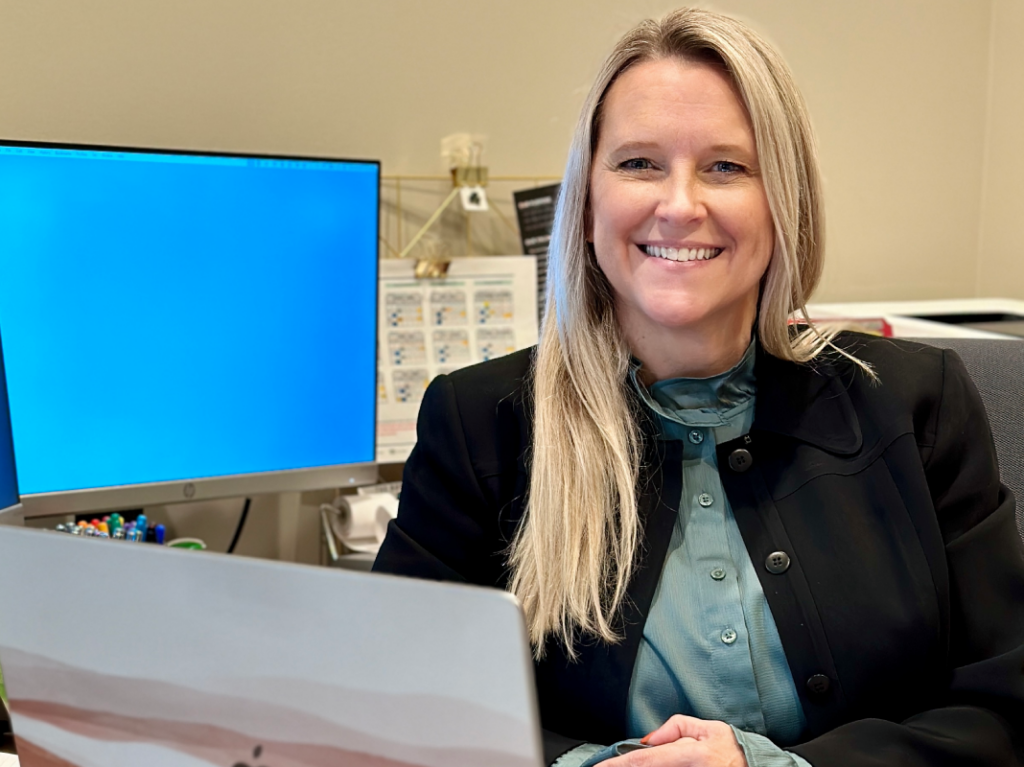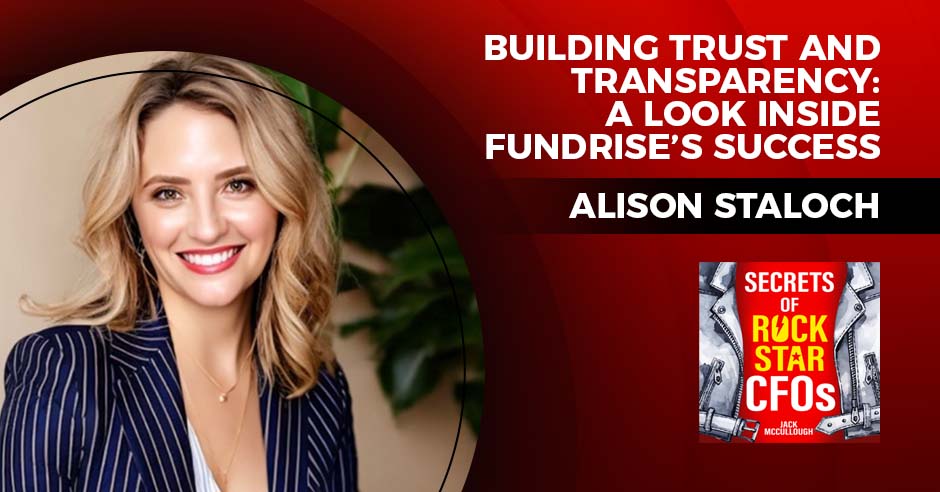
Anjana Mistry, CFO of Emergn, an IT professional services firm based in Boston, thinks finance leaders should consider smaller companies as a great career move.
Her experience transitioning from a larger enterprise to a smaller company gave her a wider range of duties, more direct contact with the CEO and an ability to get things done quickly because smaller companies are typically more agile. She spoke with StrategicCFO360 about her experiences, how CFOs can drive transformation and why it’s important to “maintain an investment mindset, not a cost mindset.”
Generally, we see CFOs looking to scale up to ever larger enterprises in their careers. Can you speak on the benefits of having an enterprise CFO work at a smaller company?
Looking to scale up to larger enterprises might be the case for a lot of people, but there’s so much benefit to transitioning to a smaller company as a CFO. For starters, those CFOs have the opportunity to be more of a partner with the CEO. As opposed to just focusing on finance, they have visibility, insight and decision-making power in more areas of the company because of the broader experience they’ve gained from experience at a larger enterprise.
But it’s not just the expanded role that’s a benefit, I’ve found that my courage and confidence to take on more work increased when I moved to a smaller organization because of the experience I had in my past at a larger enterprise.
What advice would you share with enterprise CFOs looking to transition to smaller companies?
When a CFO joins a smaller company, it’s critical that they don’t just assume everything is broken when they go in. They have to have a positive attitude and remember that despite the company being smaller, there are many parts of the organization that have likely worked very well. Of course, there’s likely to be changes needed to inspire growth, but it’s important to deliberately praise the work that has been done publicly, as this will help inspire buy in and encourage the team.
Incoming CFOs should never say “this is how it was done when I was at X company”—that’s patronizing and can be difficult for the new team to hear. Instead, the incoming CFO should spend time explaining the decisions they plan to make and why they are confident those changes will work. Lastly, CFOs should be careful not to overcomplicate processes. This is not a large-scale enterprise and it’s not a complicated matrix organization. New CFOs should employ new ways of working that make sense at the smaller company and encourage agility in the trenches.
What transformations have you been a part of at Emergn or other organizations you’ve worked at?
I’ve been a part of many transformations. Notably, I’ve been part of Emergn’s transformation to take the company from two independent organizations, representing two distinct types of business and service lines, to an integrated company, setting it up for scale and growth with a unified purpose. Being involved in enterprise M&A is much different from M&A at a smaller company, because you only own parts in enterprise M&A but own much more of the holistic process at a small organization.
Another transformation I have been part of is the design and implementation of a tax and compliance project to further enhance one of the world’s largest multinational technology companies. This particular project was aimed at ensuring compliance with both internal and external reporting processes in India. By approaching the project end to end and through simplification of processes, centralization of tools and consistency, the project was a great success. The project was brought to other countries with similar external regulatory requirements. The technology company had struggled with this for nearly 10 years, but this transformation project was completed and went live in just 15 months.
Why do you believe CFOs should have a stronger role in an organization’s transformation?
CFOs are not exempt from the C-Suite in leading the change. Alongside the CEO, they help drive change in how people work, not just writing checks or allocating budget. There’s a stigma that CFOs are just gatekeepers to the cash in the company and that’s simply not the case. CFOs are a partner to the business—they have as much insight and appreciation for the business as anyone, and have the responsibility to know what the business does and how they do it.
CFOs are as much an ambassador of the company as other members of the C-Suite, not to mention, every process within the company touches finance and accounting, so it’s critical that the CFO be involved in any transformation. Transformations are focused on the value delivered and how to measure that value, and CFOs can play a huge role in that by tracking operational and financial efficiencies. For these reasons alone, it’s crucial that CFOs play a huge role in an organization’s transformation.
Can you share specific tips for CFOs trying to play a larger role in a transformation?
Set aside time to learn the business. Nuance in business is huge and all the nuances need to be approached differently—focus on the application of the best practices in the context of the business, not the replication of what has been done before elsewhere, assuming it will work. A new CFO is there to make business better.
Maintain an investment mindset, not a cost mindset. Figure out what the business really needs and focus on that. Be open to exploring new ways of working. Finance can be full of very formal and rigid processes and employing new methods of doing business can align the CFO with the organization.
Some of these methods can include applying an agile mindset to funding transformation, and introducing a discovery process that involves design thinking principles to significantly improve the estimation of future economic benefits. CFOs can also employ a funding model that leverages the use of core techniques like big room planning, dynamic demand and frequent releases so that value is captured incrementally so you can make faster, more informed decisions.
Get involved—even in the details. Taking part in leading the company, even in the small details, will help broaden experience and shape new ways of working. Seeing the impact a CFO can have on workflow and how people work is incredibly satisfying and by getting involved in the details, a new CFO is likely to be able to shape the new ways of working more effectively.







